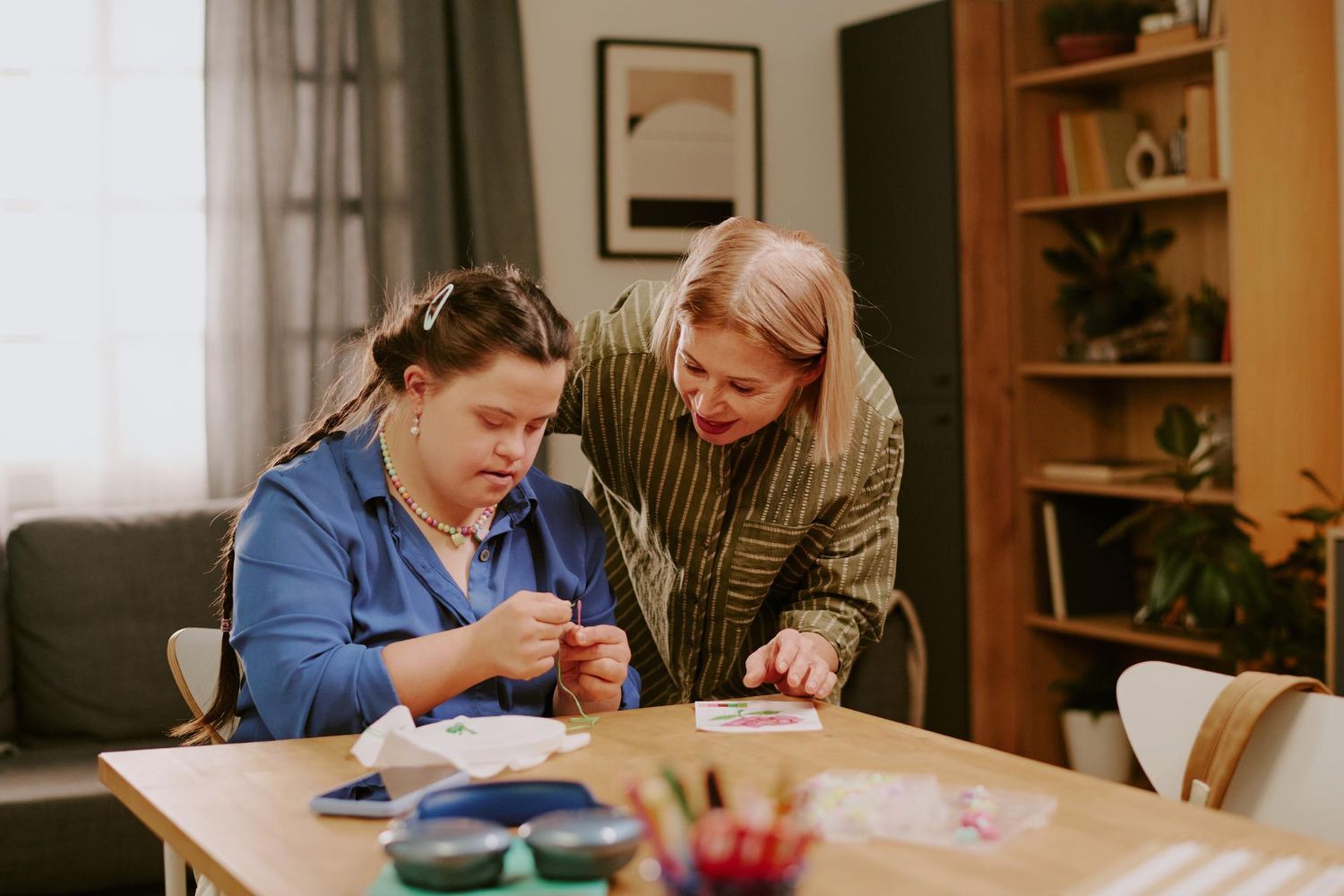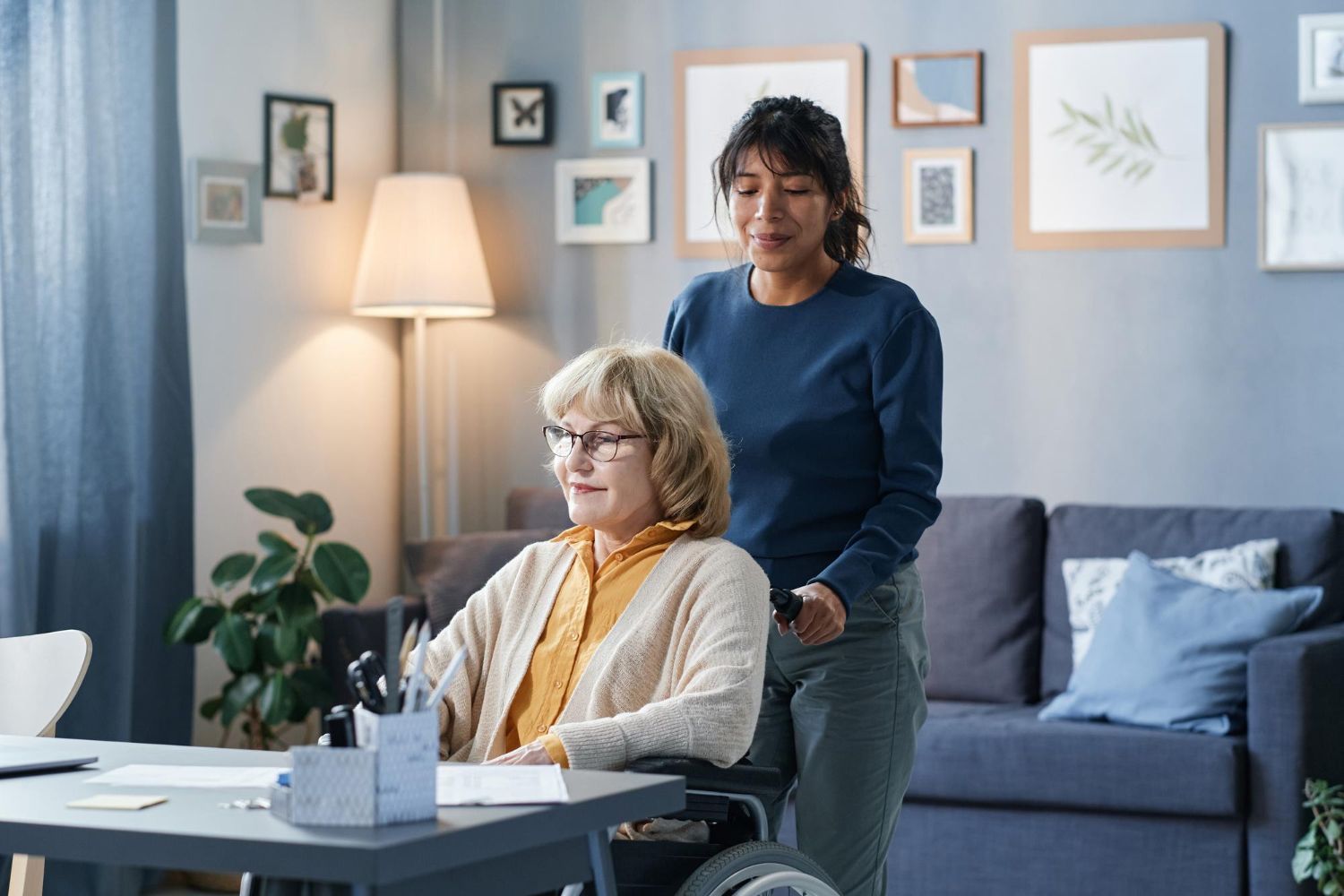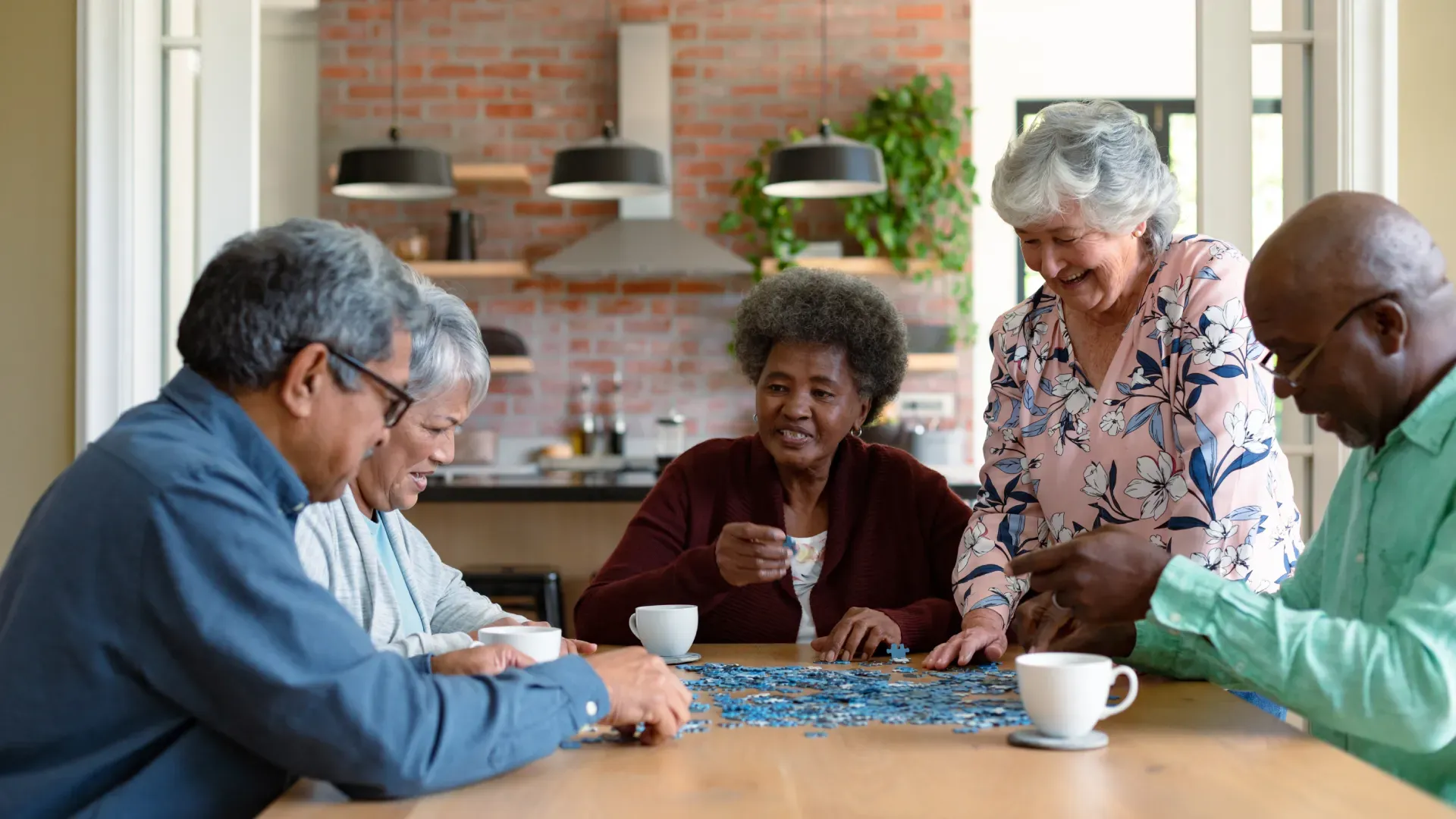The growing role of Assistants in Nursing in home-based aged care
In Australia’s aged care sector, the demand for quality in-home support is rising steadily as more older adults choose to remain in their own homes for as long as possible. While registered nurses and allied health professionals play crucial roles in care delivery, it is often the Assistants in Nursing (AINs) who form the backbone of daily support. Their contribution to home-based aged care has grown significantly, bridging the gap between professional nursing care and the essential assistance that enables seniors to live with dignity and independence.
At AIM Care, we recognise the value that AINs bring to the lives of clients and families. By providing compassionate, skilled, and flexible support, AINs ensure that older Australians receive both the medical oversight and the personal assistance they need to thrive in their own environment.
Why AINs are becoming indispensable in home-based aged care
The role of Assistants in Nursing has evolved well beyond routine care tasks. Today’s AINs are trained to support both clinical and non-clinical needs, making them adaptable professionals in a rapidly changing aged care landscape. Their growing importance can be attributed to three key factors:
- Rising demand for in-home care
With Australia’s ageing population, more families are opting for personalised care at home rather than moving loved ones into residential facilities. AINs provide the frontline assistance needed to meet this demand, from personal hygiene support to mobility assistance and medication reminders. - Bridging clinical and lifestyle needs
While registered nurses focus on medical oversight and complex care, AINs ensure continuity by managing the everyday aspects of life. This includes meal preparation, companionship, and support with daily routines, all of which are vital for seniors’ emotional and physical wellbeing. - Cost-effective and flexible care
Many families face financial concerns when arranging care for loved ones. AINs provide an affordable solution without compromising on quality. Their ability to deliver both essential support and skilled care makes them an efficient and practical choice for home-based services.
Key responsibilities of AINs in home-based care
Assistants in Nursing play a diverse and adaptable role in supporting older Australians. Their responsibilities often include:
- Assisting with personal care such as bathing, dressing, and grooming.
- Monitoring and reporting changes in a client’s health condition.
- Supporting mobility, transfers, and exercise routines.
- Providing companionship to reduce feelings of isolation or loneliness.
- Helping with household tasks to maintain a safe living environment.
- Supporting nutritional needs through meal preparation and feeding assistance.
- Acting as a crucial link between clients, families, and registered nurses.
This wide scope of responsibilities highlights the versatility of AINs, who combine professional training with genuine compassion.
The impact of AINs on clients and families
AINs make a tangible difference not only in the lives of older Australians but also for their families. By ensuring seniors are safe, comfortable, and engaged, they bring peace of mind to loved ones who may not always be able to provide hands-on support. Families often view AINs as extended members of their support network, trusted to deliver care with empathy and respect.
For clients, the benefits extend beyond physical health. Having an AIN who provides companionship, encouragement, and emotional support helps reduce isolation, a common challenge for many seniors living at home. This human connection is as important as the clinical aspects of care, reinforcing AIM Care’s mission to enrich lives while promoting dignity and independence.
Supporting the future of AINs in aged care
The importance of AINs is set to increase as Australia’s healthcare system continues to adapt to changing demands. At AIM Care, we are committed to investing in the professional growth of Assistants in Nursing through ongoing training, mentorship, and career development opportunities. By equipping AINs with advanced skills in areas such as dementia care, palliative support, and cultural competency, we ensure they remain confident and capable of meeting diverse client needs.
Moreover, we advocate for greater recognition of AINs as essential members of the aged care workforce. Their frontline contributions deserve acknowledgment and support, particularly as they continue to play a central role in enabling seniors to remain at home.
Conclusion
The growing role of Assistants in Nursing in home-based aged care cannot be overstated. They provide the critical balance between professional nursing oversight and day-to-day support that makes independent living possible for older Australians. At AIM Care, we are proud to champion AINs as essential caregivers who embody compassion, skill, and dedication.
As the aged care sector evolves, one thing remains clear: AINs are not just support workers, but central figures in ensuring dignity, independence, and quality of life for seniors across Queensland.











